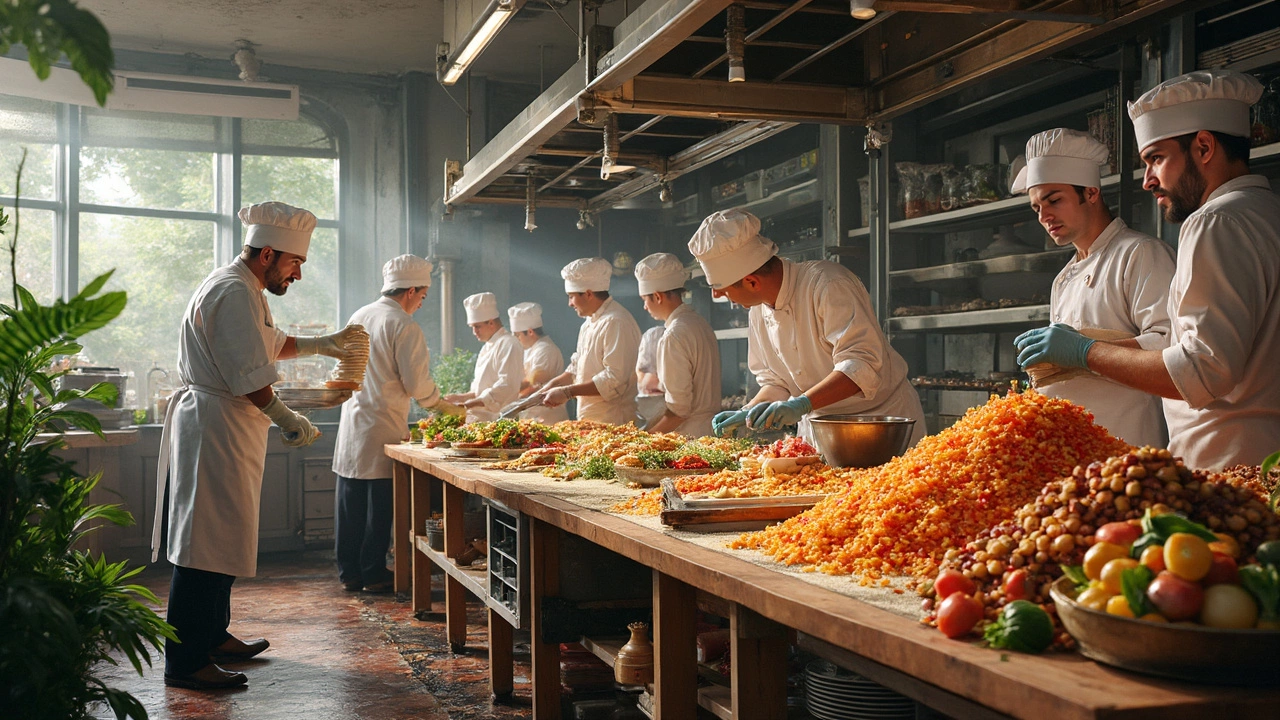
Food Waste: Simple Ways to Cut Waste and Save Money
Ever opened your fridge and found veggies that have gone brown or a loaf of bread that's turned hard? It’s frustrating, but it’s also a chance to change habits. Reducing food waste doesn’t need a big overhaul—just a few everyday tweaks can keep more food on your plate and more cash in your wallet.
Smart Shopping and Storage
Start at the store. Make a quick list of what you really need and stick to it. Impulse buys often become leftovers that never get used. When you do buy bulk items, break them into smaller portions right away and store them in clear containers. Seeing the food at eye level reminds you what you have, so you’re less likely to forget it.
Keep fruits and veggies in the right spot. Most produce stays fresh longer in the crisper drawer because it controls humidity. Apples, for example, release ethylene gas that can speed up ripening of nearby items—store them away from bananas if you want the bananas to last longer.
Freeze what you won’t use soon. Herbs chopped and frozen in ice‑cube trays, or leftover soups poured into freezer bags, keep flavor and nutrition intact. When you need a quick meal, you already have a ready‑to‑heat option instead of ordering takeout.
Creative Cooking to Use Leftovers
Every leftover can become the base of a new dish. Stale bread? Turn it into croutons or a breadcrumb topping. Overripe bananas are perfect for pancakes or quick bread. Veggie scraps? Toss them into a broth for a homemade stock that adds depth to soups.One‑pot meals are lifesavers. Throw together any veg, a protein, and some grains, and you’ve got a balanced dinner with minimal waste. If you’re short on time, a simple stir‑fry using whatever’s in the fridge can be ready in ten minutes.
Plan leftovers into your weekly menu. Cook a larger batch of chicken or beans on Sunday, then spread it across salads, wraps, and soups for the rest of the week. This reduces cooking time and cuts down on what ends up thrown away.
Remember, small changes add up. By shopping smarter, storing right, and getting creative in the kitchen, you’ll see less waste, lower grocery bills, and a smaller environmental footprint. Give one or two of these tips a try today and watch the difference grow.
